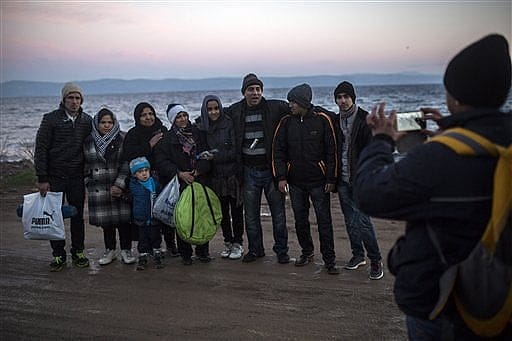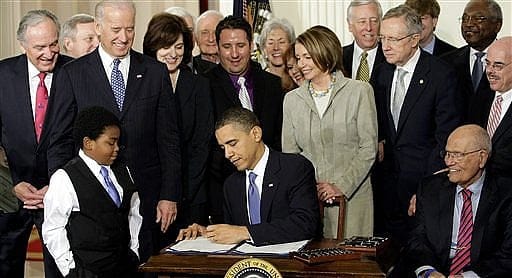Asylum-seeker fraud often goes undetected, report shows

BOSTON – Asylum seekers who fraudulently claim persecution in their home countries may easily escape discovery by U.S. immigration authorities, according to a report from the investigative arm of Congress.
Agencies charged with ferreting out phony stories "have limited capabilities to detect asylum fraud," the Government Accountability Office, or GAO, said in a study released Wednesday. While both Justice Department and Homeland Security agencies "have mechanisms to investigate fraud in individual applications, neither agency has assessed fraud risks across the asylum process, in accordance with leading practices for managing fraud risks."

